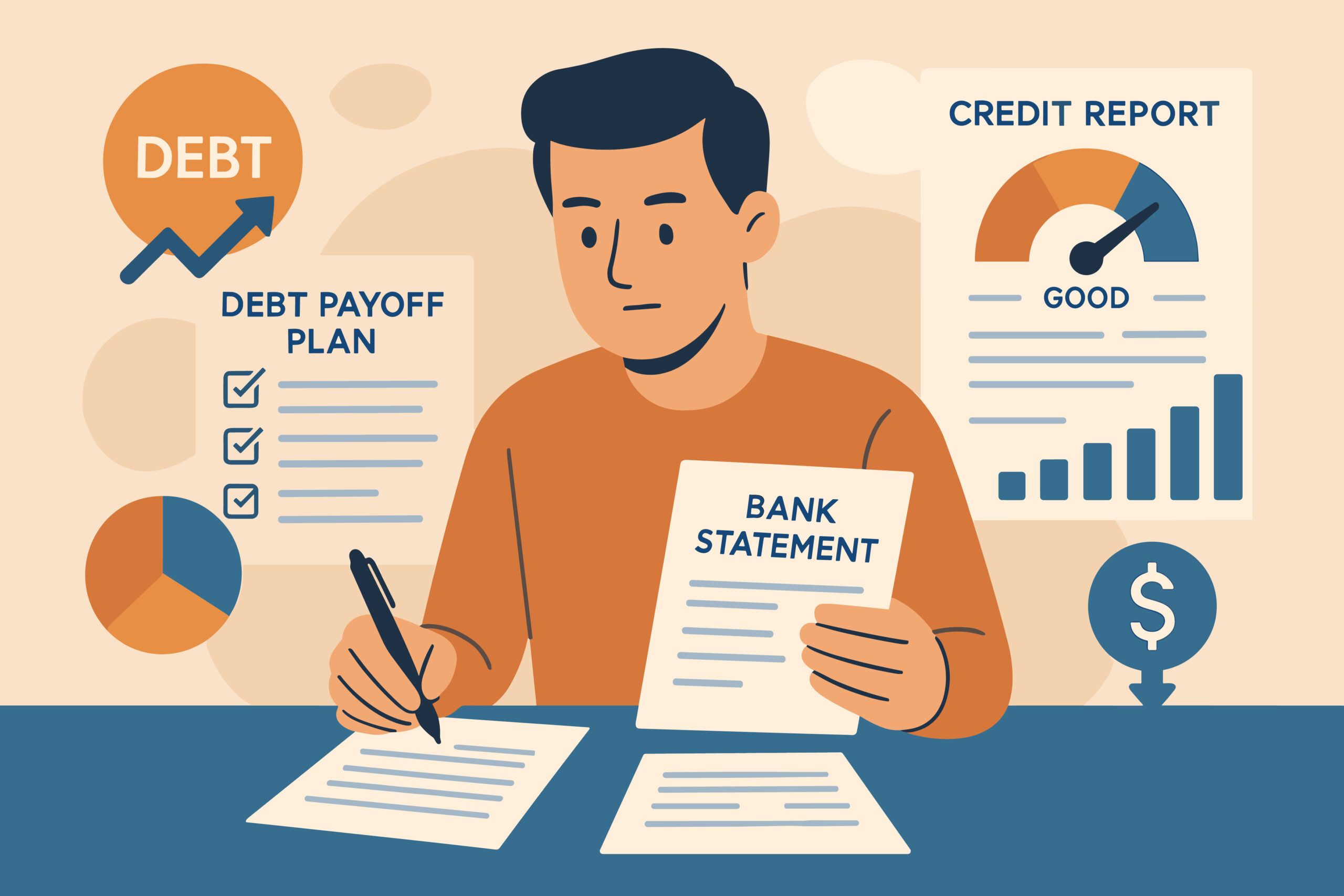Introduction – The journey to becoming debt-free can feel daunting, but with the right strategies and financial planning tools at your disposal, achieving that goal is not only possible but also more efficient. High-interest debt can be a heavy burden, siphoning away hard-earned income through fees and charges that seem to grow each month. However, by leveraging modern financial planning tools, individuals can create tailored strategies to pay off debt faster and save significantly on interest rate fees.
Before diving into tools and strategies, it’s important to recognize the types of debt commonly held by individuals. These can include:
- Credit card debt – Often associated with high interest rates and compounding fees.
- Student loans – Fixed or variable rates, private or federally subsidized, sometimes offering income-driven repayment options.
- Personal loans – May carry lower rates but still accumulate interest over time.
- Auto loans and mortgages – Typically, with lower rates, but substantial balances over long terms.
Interest rates and repayment terms vary, but they share a common element – the longer it takes to pay off a debt, the more you will pay in interest fees. Thus, reducing the time it takes to pay off debt is a direct way to save money and build wealth.
Debt Payoff Strategies – Utilize one or a combination of the below strategies to save money and pay off debt sooner.
- Target debts with the highest interest rates first, regardless of balance size. This approach minimizes total interest paid overtime.
- Pay off the smallest debts first, then use the amount of the previous payments as additional payments to the next smallest balance and continue to rollover payments until the largest balance is paid off. The psychological boost of quick wins can help sustain motivation.
- Round up payments above the minimum payment; even small additional payments can have a significant cumulative effect.
- Utilize cash windfalls, such as bonuses or tax refunds, and apply directly to outstanding debt.
- Refinance high-interest debt at a lower rate and/or consolidate multiple debts into a single loan so that you save on interest and simplify payments. Also, consider zero-interest balance transfer offers, but ensure you can pay off the balance before the promotional period ends.
- Lastly, automating payments ensures consistency and protects your credit score. Missed or late payments can trigger fees and penalty interest.
Example Scenario – At NovaPoint we can utilize a full comprehensive financial planning strategy where debt is just one aspect of your financial landscape, or if you just need a targeted solution for paying down debt, we can offer a quicker but tailored debt pay off strategy that fits your specific needs and budget.
To highlight an example of a tailored debt elimination strategy, we’ve created a scenario of a couple in their early-to-mid 30’s who are investment clients that just need help with rising debt. The couple have a mortgage on their first home, a car loan, one outstanding private student loan from graduate school, and two consumer credit cards that are carrying debt at high interest rates. Utilizing our financial planning tools, we developed an optimal strategy that incorporated paying off the highest-interest rate debt first, increasing total debt payments by a fixed-monthly amount from discretionary income, combined with refinancing one loan to save over $90,000 and be debt free 75 months sooner. Check out the sample report here.
Final Thoughts – A personalized approach always yields the best results. Here’s how NovaPoint harnesses financial planning tools for a tailored debt elimination strategy:
- Set realistic goals, such as being debt-free within a certain timeframe or reducing monthly interest payments by a target amount.
- NovaPoint simulates different repayment scenarios to see how changes in payment amounts or order can affect your payoff date and total interest paid. Debt consolidation and refinance options are also evaluated.
- Monitor progress with visual dashboards, which helps sustain motivation over time.
- Adjust the plan as needed—life changes, and so might your financial circumstances. Incomes fluctuate and unexpected expenses occur, that’s why it’s important to reevaluate your debt elimination strategy as your financial landscape changes. It’s also important to work towards an emergency savings goal to help absorb some of these unexpected expenses while keeping you on track to pay off your debt.
- Above all else, stay motivated and set milestones to celebrate achievements.
At NovaPoint, our investment, wealth management, and tax experts can help advise you on a tailored debt elimination strategy that will ensure you are debt free sooner and able to continue working towards your other financial goals. If you want a trusted fiduciary partner to help manage your debt in line with your financial landscape and future financial goals, contact us here.
__________________________________________________________________
Written by Meghan Hoover, Investment Associate, Financial Planning Team
NovaPoint – Financial Planning and Wealth Management
Want a printable version of this report? Click here: Maximizing Debt Payoff Strategies
To learn more about these topics and our investment strategies, call us at 404-445-7885 or contact us here.
Do you understand your personal investment risk tolerance and the risk of your current portfolio? You can learn these by taking our Risk Analysis Questionnaire.
